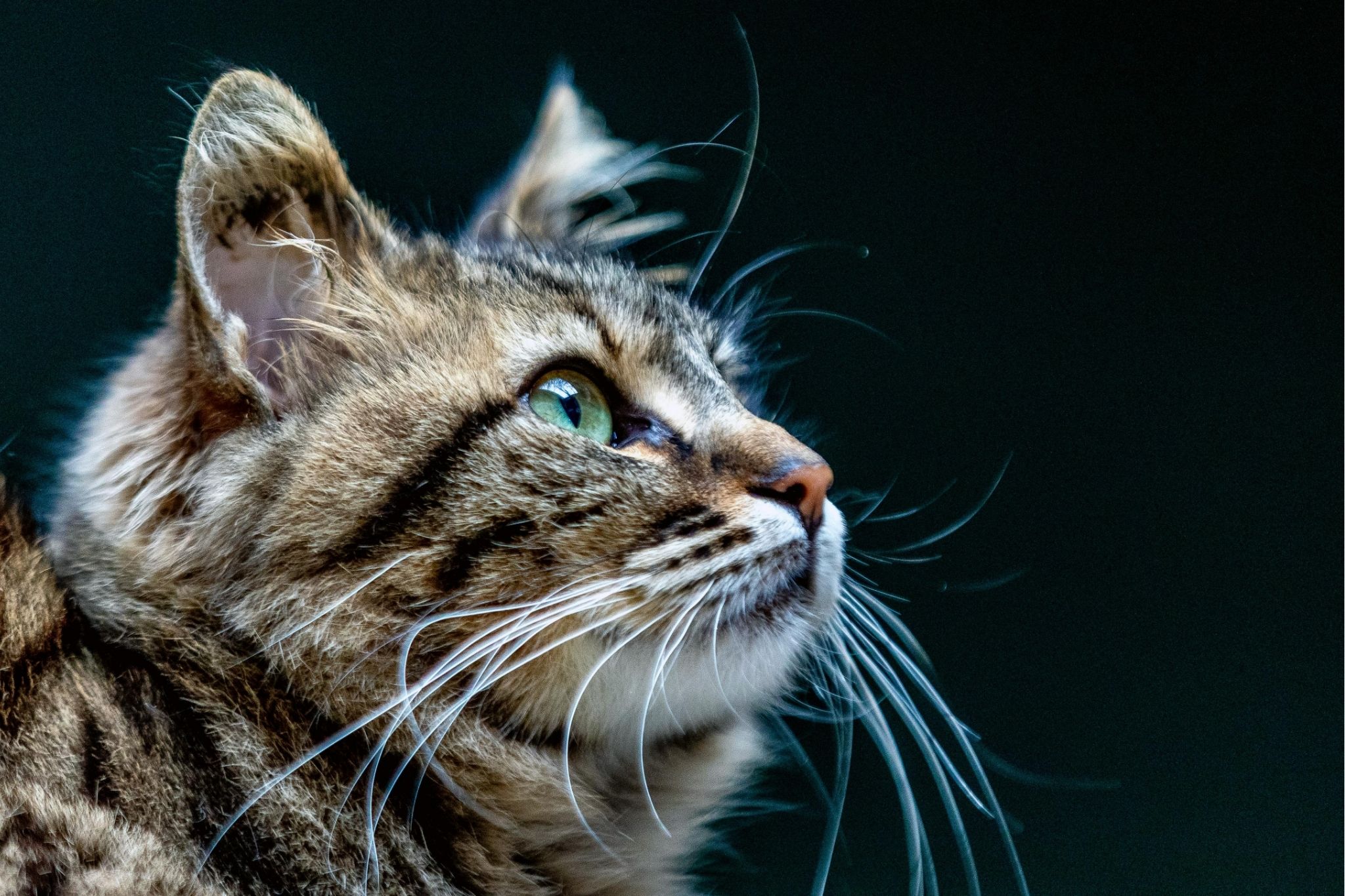We understand that your cat is a very loved part of your family. That is why it can be very upsetting having your beloved feline companion diagnosed with renal failure. We would like to offer some guidance to help you make informed decisions regarding your cat’s quality of life whilst living with renal failure.
Understanding Renal Failure in Cats
Renal failure, or chronic kidney disease, is a common condition in older cats. The kidneys lose their ability to function effectively, leading to a build-up of toxins in the bloodstream. This can cause a variety of symptoms, including increased thirst, frequent urination, weight loss, poor appetite, and lethargy.
While there is no cure for chronic kidney disease, there are treatments that can help manage the condition and improve your cat’s quality of life.
Treatment Options
Treatment for renal failure focuses on managing symptoms and slowing the progression of the disease. Your vet may recommend a combination of the following:
Dietary Changes:
Specially formulated renal diets can help reduce the workload on your cat’s kidneys and manage symptoms.
Fluid Therapy:
Providing subcutaneous fluids can help maintain hydration and flush out toxins. This is often something you as an owner can be trained in administering so you do not need to stress your cat by taking them to the vets.
Medication:
Medications may be prescribed to manage symptoms such as nausea or high blood pressure.
Assessing Quality of Life
Quality of life is a key consideration when caring for a cat with renal failure. It can be really hard to assess quality of life in cats, though, as they often mask how they are feeling. A few things that are worth monitoring are:
Appetite:
Is your cat eating well? Weight loss and reduced appetite can indicate a decline in health.
Comfort:
Is your cat experiencing pain or discomfort? Look for signs such as vocalizing, hiding, or changes in behaviour – such as struggling to settle.
Activity Levels:
Is your cat still active and engaged in their surroundings? Lethargy and withdrawal can be signs that your cat is struggling.
Overall Happiness:
Does your cat still enjoy their favourite activities, such as playing or cuddling?
Making Difficult Decisions
With time kidney disease can lead to poor quality of life for your cat, and at that point it might be the right decision to have your cat humanely euthanised so they can pass away peacefully and pain free. This decision is never easy, but it is an act of love and compassion to prevent prolonged suffering. Here are some steps to guide you through this difficult process:
Speak To Your Vet:
Discuss your cat’s condition and quality of life with your vet. They can provide guidance and support during this time.
Consider Your Cat’s Comfort:
Focus on your cat’s well-being and ask yourself if they are experiencing more bad days than good ones.
Prepare Emotionally:
Allow yourself to grieve and seek support from friends, family, or a pet loss support group. Blue Cross Pet Bereavement is a lovely online resource for support.
Conclusion
Caring for a cat with renal failure is a journey that requires compassion, understanding, and difficult decisions. By focusing on your cat’s quality of life and working closely with your vet, you can ensure that your cat won’t struggle.
Remember, you are not alone, and if we can offer any help or guidance at Paws Over the Rainbow please don’t hesitate to contact us on 07942077180



